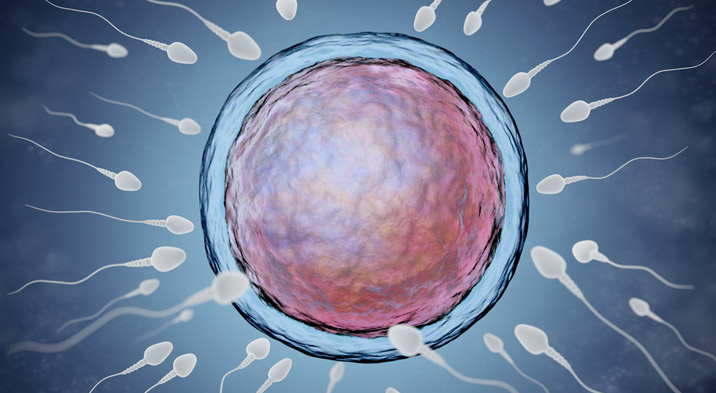To be a sperm donor you must have healthy sperm. That’s why we do a semen analysis of all applicants before they can become donors. Though the semen analysis is not the only health test we give applicants, it the most important test of male fertility.
Lifestyle factors definitely make a difference in your sperm count and health. But it’s important to note that the sperm life cycle is 46 to 76 days. So whatever lifestyle changes you make will take two to three months to show in a semen analysis.
Below are some tips on how to increase your sperm count and quality for those considering being a donor. But first, let’s look at the semen test itself.
Sperm count
- This is the number, or concentration, of overall sperm. Forty million to 300 million sperm per milliliter is considered normal. Counts below 10 million per milliliter are considered poor.
- Motility (ability of sperm to swim): We test for two things: the number of healthy, active cells as a percentage of the total sperm cells, and the quality of the sperm movement.
- Morphology (size and shape of sperm): A minimum of 30% of the sperm cells must be normal size and shape. Normal sperm have oval heads and long tails that work to propel semen forward in search of an egg to fertilize.
- Total semen volume: A normal ejaculation includes about 2.0 milliliters. Low volume may indicate that the seminal vesicles are not creating enough fluid or that the ducts are blocked. A problem with the prostate gland can also cause low sperm volume.
How to increase sperm count
Healthy sperm is closely tied to your overall health. So the good news is that maintaining a healthy lifestyle also promotes healthy sperm. To increase your sperm count do the following:
- Maintain a healthy body weight for your height. Obesity has been linked to lower sperm count and poor sperm motility.
- Eat a healthy diet including getting the recommended daily allowance of fruits, vegetables, proteins, and grains.
- Get regular exercise. You don’t have to be an Olympian, just get enough to stay fit. Exercise is also a great stress reliever. And since stress can contribute to low sperm counts, you can take care of two things at once by breaking a sweat on a regular basis. The one exception may be long distance bicycling. Some tests indicate that spending hours on a bike seat can damage sperm production, so check with your doctor if you’re an avid cyclist.
- Some dietary supplements can help increase sperm count. Copious studies reveal connections between an increase in sperm count and minerals such as zinc and selenium, antioxidants such as Vitamin C and Vitamin E, and the amino acids L-carnitine (found in red meat and dairy) and L-arginine (found in nuts, eggs, and meat). Eating foods and taking supplements rich in these can help.
What to avoid to maintain healthy sperm
As stated above, lifestyle has everything to do with overall sperm health. So to have healthier sperm – and to live healthfully in general – avoid the following:
- Don’t smoke.
- Drink alcohol in moderation.
- Avoid hot tubs because the heat can kill sperm cells. Since sperm are stored in your testicles outside of your body, they are especially vulnerable to heat.
- Don’t wear tight underwear. Jockey or boxer shorts give your testicles enough room to remain cool, which promotes healthy sperm production.
- Don’t use drugs. Along with putting you at risk for many health problems, drug use – and especially heavy marijuana use – is known to substantially decrease sperm count and sperm concentration.
For more information, read a post about what it takes to become a sperm donor, or call our clinic in Tempe at (888) 716-7392.




